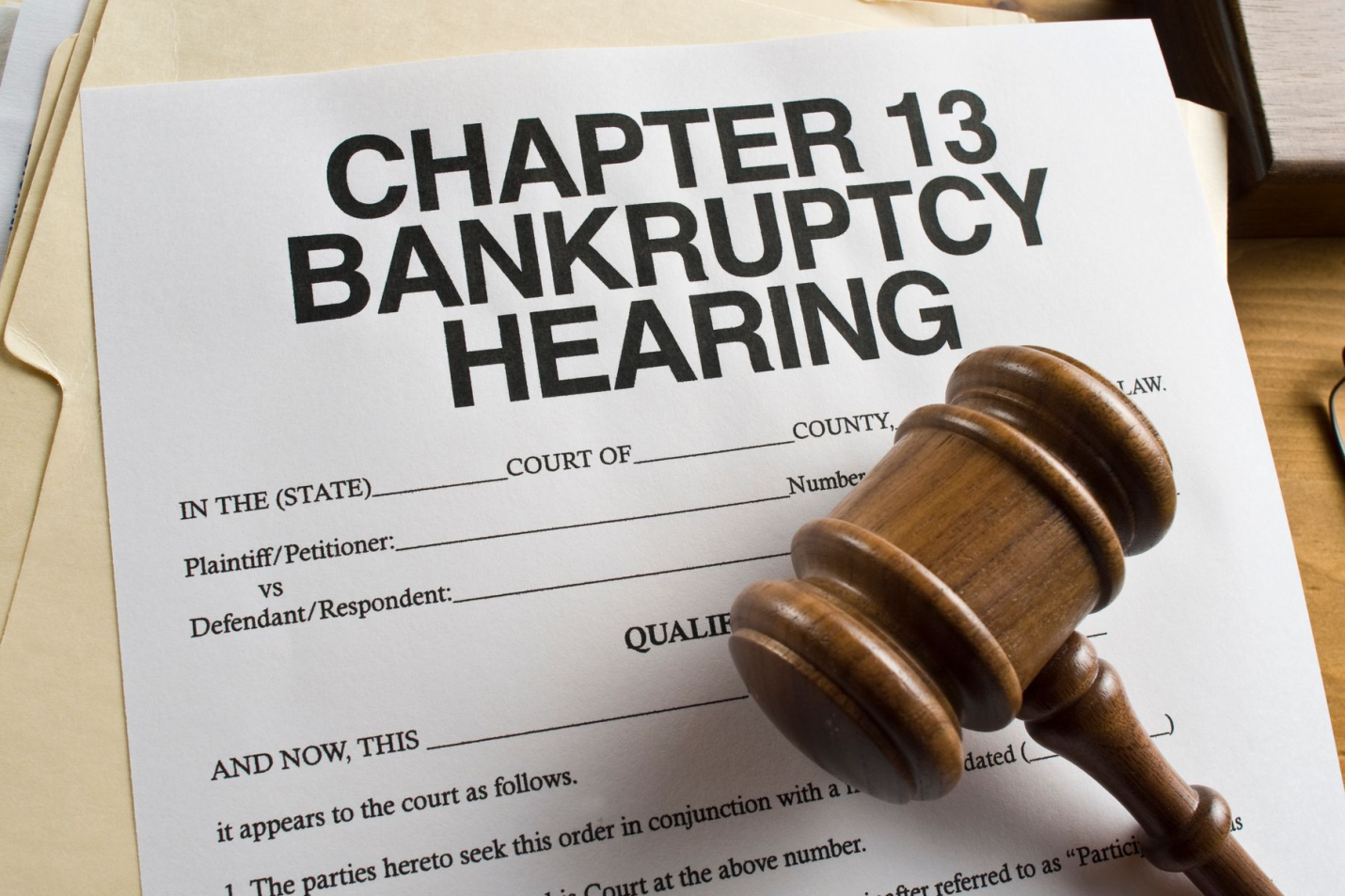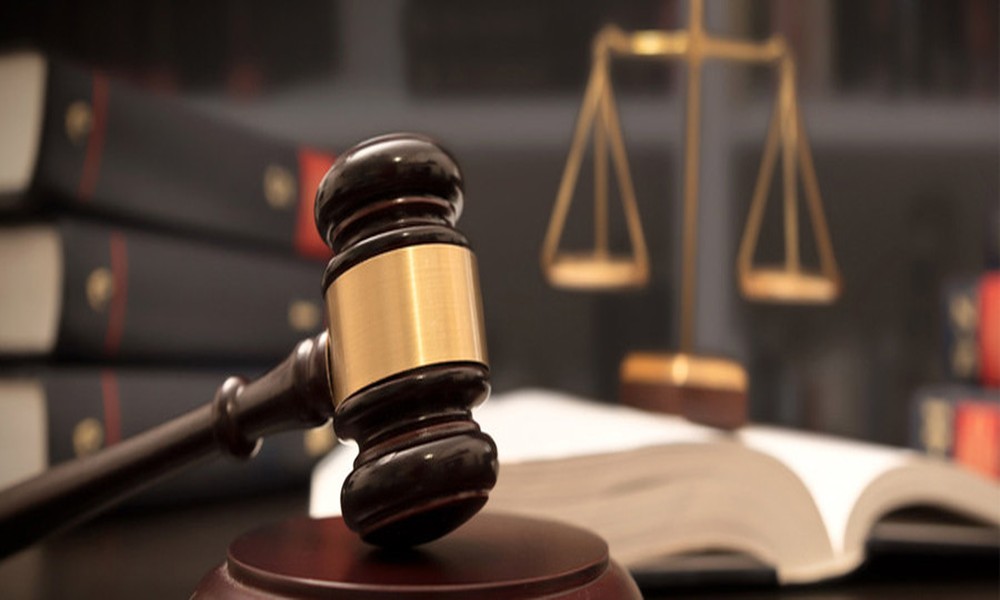Any form of bankruptcy filing will adversely affect your credit rating as long as it is on your credit report. If you are able to reorganize your finances, filing under Chapter 13 may be less damaging than filing under Chapter 7. It will allow you to recover faster. Chapter 13 gives you more options to pay off your debts. Instead of exempting assets or liquidating them as under Chapter 7, you will make a monthly payment that will be distributed toward creditors. A future lender won’t be as concerned about your bankruptcy record if your Chapter 13 plan doesn’t include the payment of unsecured debts.
However, filing for Chapter 13 rather than Chapter 7 will likely not have a significant impact on your credit score. People who file for bankruptcy are likely to have had significant financial problems for a while and have low credit scores. You may not be able to file for bankruptcy if it is so low. It will fall sharply regardless of the chapter you choose if it isn’t very low.
Debt Counseling and Credit Counseling
Credit counseling and debtor education courses are required for all filers. This may be useful information to help rebuild credit.
Chapter 13 debtors are expected to keep up their payments and not accumulate new debt. They may be prohibited from taking on additional credit. They could lose their Chapter 13 bankruptcy case if they don’t make the payments on time or fail to integrate the payments into the plan. Consult an attorney to determine if new credit is possible and ask the court permission to pursue it. Not all lenders are open to lending credit to Chapter 13 debtors.
Recovering from Bankruptcy: How to Get New Credit
If you are able to successfully complete the Chapter 13 repayment plan, you will be granted a discharge. This will prove that all bankruptcy debts have been paid off. Although you will be able to obtain new credit, it is important to make timely payments and not accumulate too much debt. Although you may be charged more interest if you have a Chapter 13 bankruptcy record, interest rates will drop if you prove that you can manage the debt responsibly. Your credit score will increase over time.
You should obtain copies of each bureau’s credit reports after you have filed for bankruptcy. This will enable you to confirm that your bankruptcy discharge is recorded and not dismissed. A discharge means that your bankruptcy was not filed successfully. You should also ensure that all debts included in Chapter 13 proceedings are included. A lender may incorrectly conclude that the debt has not been paid if there are any errors or omissions.
After filing, a Chapter 13 bankruptcy case will be listed on your credit report for seven years. The case will remain on your credit report for between two and four years after it is discharged. A Chapter 7 bankruptcy case, on the other hand, will be visible for 10 years. This could be a reason to choose Chapter 13 instead of Chapter 7.
This post was written by Trey Wright, one of the best Jacksonville FL bankruptcy lawyer! Trey is one of the founding partners of Bruner Wright, P.A. Attorneys at Law, specializing in bankruptcy law, estate planning, and business litigation.
The information provided on this website does not, and is not intended to, constitute legal advice; all information, content, and materials available on this site are for general informational purposes only. Information on this website may not constitute the most up-to-date legal or other information. This website contains links to other third-party websites. Such links are only for the convenience of the reader, user or browser; the ABA and its members do not recommend or endorse the contents of the third-party sites.




